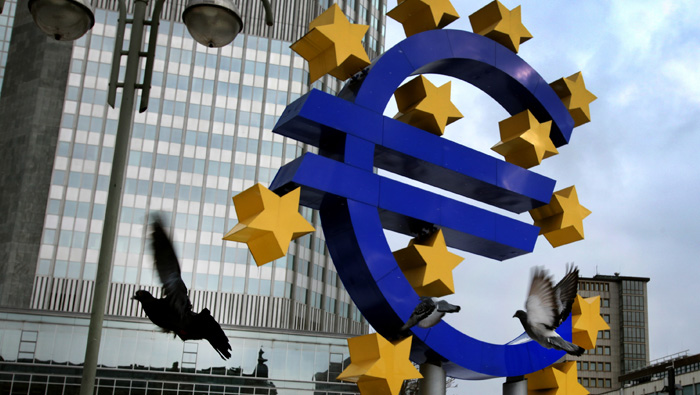
Brussels: Scottish First Minister Nicola Sturgeon made a dash to Brussels on Wednesday to tell the European Union that Scots were intent on staying in the bloc, hours after David Cameron told a summit that Britain was pulling out.
"This is very much an initial meeting, a series of meetings in Brussels today, so that people understand that Scotland, unlike other parts, of the United Kingdom does not want to leave the European Union," Sturgeon told reporters after meeting European Parliament President Martin Schulz.
"I don't want to underestimate the challenges that lie ahead." Schulz said he had "listened and learned".
Later in the day, the pro-independence Scottish leader will meet the head of the EU executive, European Commission Jean-Claude Juncker, and may try to probe the — hitherto flimsy — options a breakaway Scotland might have to somehow remain in the European Union once the United Kingdom completes its Brexit.
Juncker's decision to roll out the red carpet for her on the day the 27 other EU leaders held their first meeting without Britain was seen by some diplomats as an attempt to pressure London to hand in its formal notice to quit.
There were no immediate plans for Sturgeon to meet of the national leaders still gathered at the summit after Cameron left overnight and European Council President Donald Tusk, the summit chairman, pointedly declined her request to meet him.
There has been a surge in sympathy around Europe for the 5.5 million Scots after nearly two-thirds of them voted in last week's UK referendum to stay in the EU, only to see the English, ten times more numerous, vote 52-48 per cent for Brexit.
But EU officials have stressed, as they did before Scots voted against independence in a referendum in 2014, that Scotland could not apply to, let alone join, the Union until it had become a sovereign state. Senior officials have dismissed the notion that Scotland could take over the empty British chair at the European Council table.
With the EU facing years of uncertainty in negotiating the withdrawal of its second-biggest economy, the Scottish factor is a complication most governments would rather avoid. Spain wary of encouraging its own Catalan separatists, and some other states could block any Scottish accession.
One senior EU official played down Juncker's invitation to Sturgeon, noting drily that "the president likes the regions of Europe", comparing Scotland to federal states in Germany. But some diplomats saw Juncker's move as as deliberate ploy to add pressure on Cameron and his successors to speed divorce talks.
"This is a way of putting pressure on London to trigger the exit clause," a senior official in one EU government said of EU efforts to bounce London to the negotiating table while Cameron has insisted only his successor will set the clock ticking on a two-year deadline to withdrawal.
"This is a provocation by Juncker," an EU diplomat said. "He can't force the Brits to submit their notification so he plays these tricks."
EU leaders were set to launch a period of reflection, culminating in a set of reform proposals to get a better grip on migration, bolstering security and creating jobs and growth.
A draft declaration of the 27, seen by Reuters, urged Britain to hand in its notice to withdraw "as soon as it is ready to do so", and stressed there could be no negotiations of any kind before this notification has taken place.
Calling the EU a historic achievement of peace, prosperity and security, it acknowledged that "many people express dissatisfaction with the current state of affairs, be it at the European or national level.